
by Joanna Liu, Editor-in-Chief of Voice K
When I first introduced news writing to a group of 7- to 15-year-old students, I talked about the importance of using good quotes in their stories. Then when their assignments were due, I found many articles that looked like transcripts, consisting of several very long quotes.
I find writing quotes to be the most challenging concept for a young writer to comprehend. That is totally understandable, because writing good quotes is one of the most challenging aspects of journalism writing. I am also constantly reading and learning to write better quotes myself, so I gathered some tips that I found useful. Most tips are selected points from Bob Baker’s blog on a vocabulary list for editors and reporters on which I’ve expanded a little, and added some examples.
What is a quote in news writing?
A quote is written words copied from a text or speech. Basically it is about recording what people have spoken. A quote is different from a transcript; while a quote is often embedded in the story to illustrate a point, a transcript is just a record of exactly what is said.
A news article sometimes needs quotes because:
- It repeats the exact words people said and reduces the mistakes in reporting.
- It can give readers different point of views while the writer stays neutral.
- It can make your story lively and make readers feel like they are at the event themselves.
KEEP ‘EM SHORT AND POWERFUL
Bob Baker’s blog on a vocabulary list for editors and reporters said that we should think of quotes as the spices, the seasoning in your story. You should avoid having your sources drone on and on. A great tip to write a short, powerful quote is to use the ones you remember off the top of your head, and then check for accuracy later. These quotes are usually more emotional, leaving a permanent mark on reader’s mind.
Your quote should not be more than 3-4 lines long.
The other long, rambling, vague, or obvious quotes should be cut off or paraphrased.
DON’T ANNOUNCE THE QUOTE:
Announcing a quote is a waste of space and the reader’s time.
Example: Jonathan said that he could not remember the last time he got a good grade, “I’ve not gotten anything better than a C in many years,” he said.
It is repetitive. If you are going to tell your story in a quote, then let your quote do the job. If you think it is better to paraphrase or summarize it, then do so without the quote.
AVOID TALKING HEADS
Talking heads are faceless, personality-less people, speaking quotes in a story. We usually get a name, a title and a long, pointless quote from the talking heads. Some writers include them to show different reactions or convince an editor that many people were interviewed.
For example:
“I really like the rides here,” 6-year-old Jason Smith said.
“This is a great festival before school starts, I will come next year,” said Jason’s mom.
“I volunteer because it is fun and to gain some experience,” said Jenny Worth, a volunteer at the festival.
As Baker’s article phrases it: “Reading one of these stories is like going to a big party and shaking hands with 100 people, but getting to know no one.”
So the best practice is to go back and search for those most memorable moments, then develop those moments into a great quote with great description.
For example:
“I really like the rides here,” says 6-year-old Jason Smith as he charges into the bouncy arena with his balloon sword. This is Smith’s first time playing at a bouncy castle. He will be entering Grade 1 in September, and his mom thinks the festival is a great way to kick off a new school year.
CHANGE OUT-OF-TIME QUOTES TO IN-TIME QUOTES
Out-of-time quotes are quotes spoken to a reporter. The reader is reminded that he is reading a newspaper story. IN-TIME quotes make the reader feel in the midst of the story as it happened.
Example:
“The mayor told me right before his speech that he had forgotten his notes,” press secretary Bob Berg said.
An in-time quote about the same moment would read:
“Goddamn it,” the mayor muttered to his press aide moments before the speech began, “I forgot my notes.” (example from a vocabulary list for editors and reporters)
I hope these tips help. Here is a little assignment: try to rewrite the paragraph / quotes below to get rid of the long quotes:
“What inspired you to be in the race?” I asked.
“My dad and I used to always go rowing when I was your age and we did the same in Boy scouts too.” Hudson says. I asked him about the most challenging part of the dragon boat race. “The important part about racing is that everyone has to be in sync and you have to make sure you gotta listen to the man in the back and everyone on the boat has to know his instructions so you wanna start paddling very hard at the start, slow down in the middle, and then pick up at the end and you always have to be in sync. So that’s the hardest part.”(example from a young journalist)
See ourdragon boat race article to read the final version.



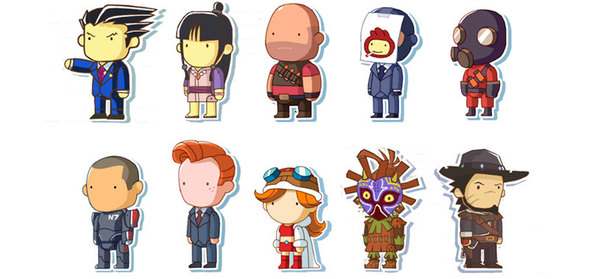
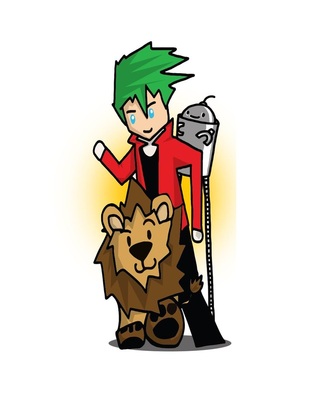
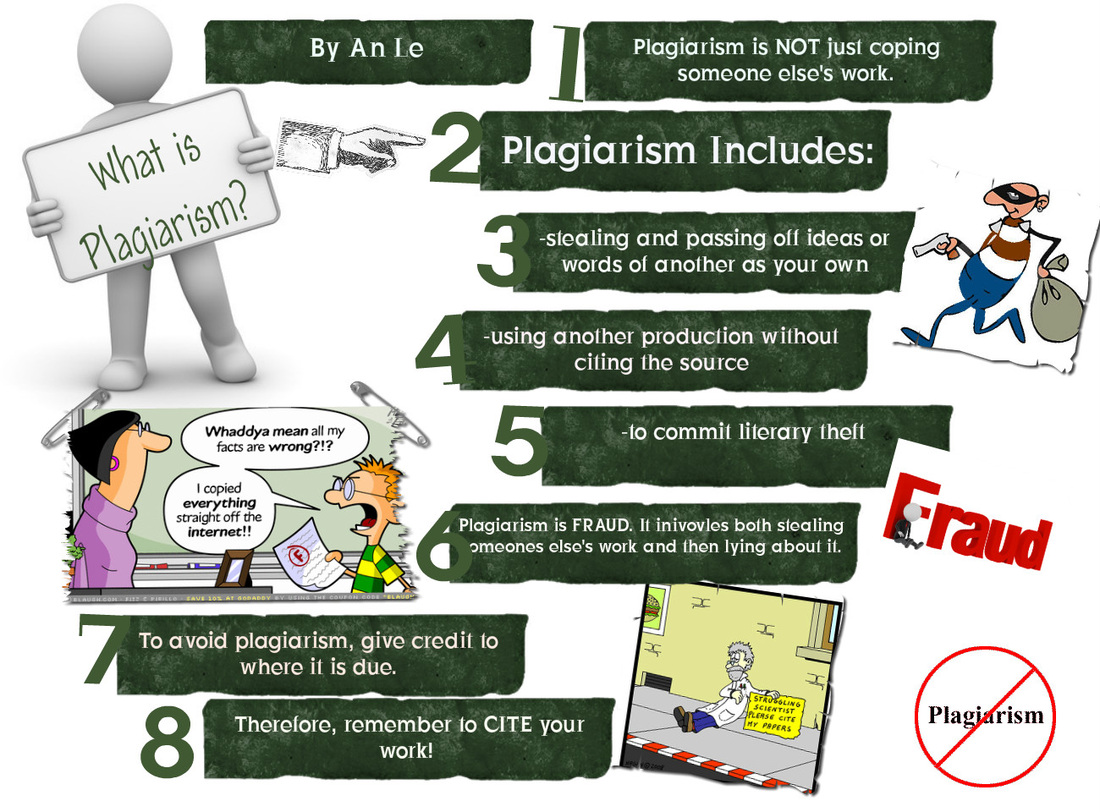


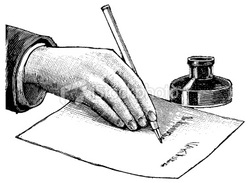
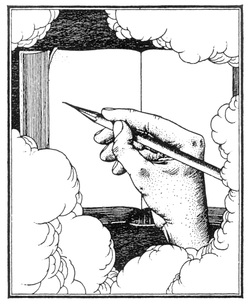

 RSS Feed
RSS Feed